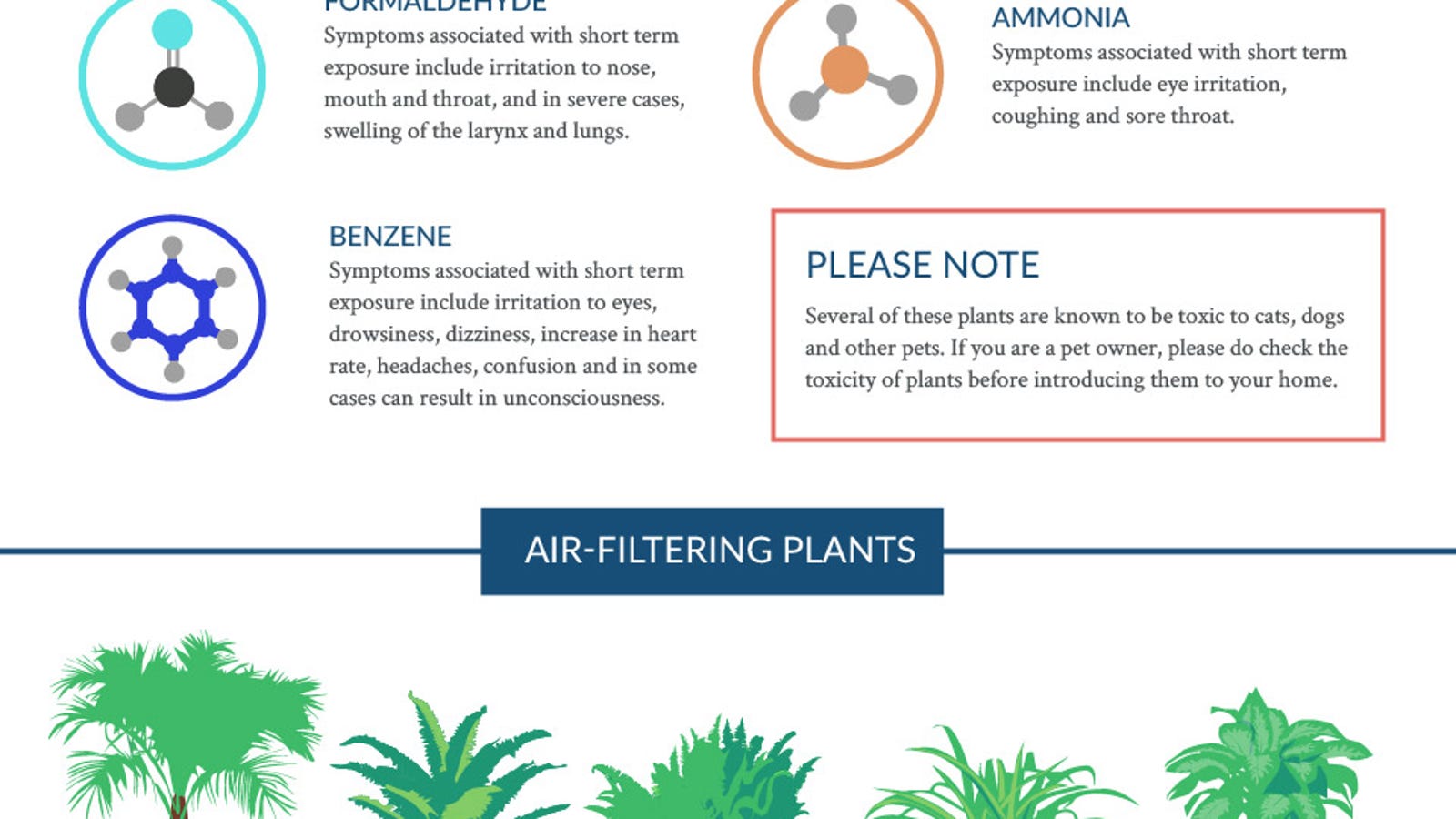The Future Of Home Home Heating - How Heat Pump Modern Technology Is Evolving
The Future Of Home Home Heating - How Heat Pump Modern Technology Is Evolving
Blog Article
Uploaded By-Rosenthal MacGregor
Heat pumps will certainly be a critical innovation for decarbonising heating. In a scenario constant with federal governments' revealed energy and environment dedications, their international ability doubles by 2030, while their share in home heating rises to one-quarter.
They work best in well-insulated homes and rely upon electricity, which can be supplied from a renewable power grid. Technical advancements are making them much more effective, smarter and cheaper.
Fuel Cells
Heat pumps make use of a compressor, cooling agent, coils and followers to move the air and warm in homes and home appliances. They can be powered by solar power or electrical power from the grid. They have actually been obtaining popularity as a result of their inexpensive, silent procedure and the capacity to produce power during peak power demand.
Some business, like IdaTech and BG MicroGen, are working with fuel cells for home heating. These microgenerators can change a gas boiler and create several of a house's electrical demands with a connection to the power grid for the rest.
But there are factors to be unconvinced of using hydrogen for home heating, Rosenow states. It would certainly be pricey and ineffective compared to various other modern technologies, and it would certainly include in carbon emissions.
Smart and Connected Technologies
Smart home technology enables house owners to connect and manage their devices remotely with making use of smartphone applications. For example, smart thermostats can discover your home heating choices and instantly get used to optimize power consumption. Smart illumination systems can be managed with voice commands and automatically switch off lights when you leave the area, lowering power waste. And wise plugs can keep an eye on and manage your electric use, enabling you to identify and limit energy-hungry devices.
The tech-savvy house depicted in Carina's interview is a great image of just how owners reconfigure room heating practices in the light of brand-new wise home modern technologies. heat pump maintenance rely upon the gadgets' automated features to perform day-to-day adjustments and regard them as a practical ways of conducting their heating practices. As such, they see no reason to adapt their practices better in order to allow flexibility in their home energy need, and interventions targeting at doing so might face resistance from these homes.
Electrical energy
Given that heating homes represent 13% of US exhausts, a switch to cleaner alternatives might make a huge distinction. But the modern technology encounters obstacles: It's costly and calls for extensive home restorations. And it's not constantly suitable with renewable energy sources, such as solar and wind.
Until recently, electrical heatpump were too expensive to take on gas versions in the majority of markets. Yet new technologies in layout and products are making them more cost effective. And far better cool climate efficiency is allowing them to function well also in subzero temperature levels.
The following action in decarbonising home heating might be using heat networks, which draw warmth from a central source, such as a nearby river or sea inlet, and distribute it to a network of homes or buildings. That would certainly lower carbon exhausts and allow families to make the most of renewable energy, such as environment-friendly electrical energy from a grid provided by renewables. This alternative would be much less expensive than switching to hydrogen, a fossil fuel that calls for brand-new facilities and would just minimize carbon dioxide discharges by 5 percent if coupled with enhanced home insulation.
Renewable Energy
As power rates go down, we're beginning to see the same fad in home heating that has driven electric cars right into the mainstream-- but at an also faster rate. The strong environment situation for electrifying homes has been pressed further by new research study.
efficient heat pumps account for a considerable share of modern-day warmth usage, but have been given minimal policy attention around the world compared to other end-use industries-- and even less focus than electricity has. In part, this mirrors a mix of customer inertia, split incentives and, in many countries, aids for nonrenewable fuel sources.
New technologies could make the shift much easier. As an example, heat pumps can be made extra energy efficient by changing old R-22 refrigerants with new ones that do not have the high GWPs of their precursors. Some experts additionally envision area systems that attract warmth from a close-by river or sea inlet, like a Norwegian fjord. https://mgyb-thug.pages.dev/dc-installation-services can after that be used for cooling and heating in a neighborhood.